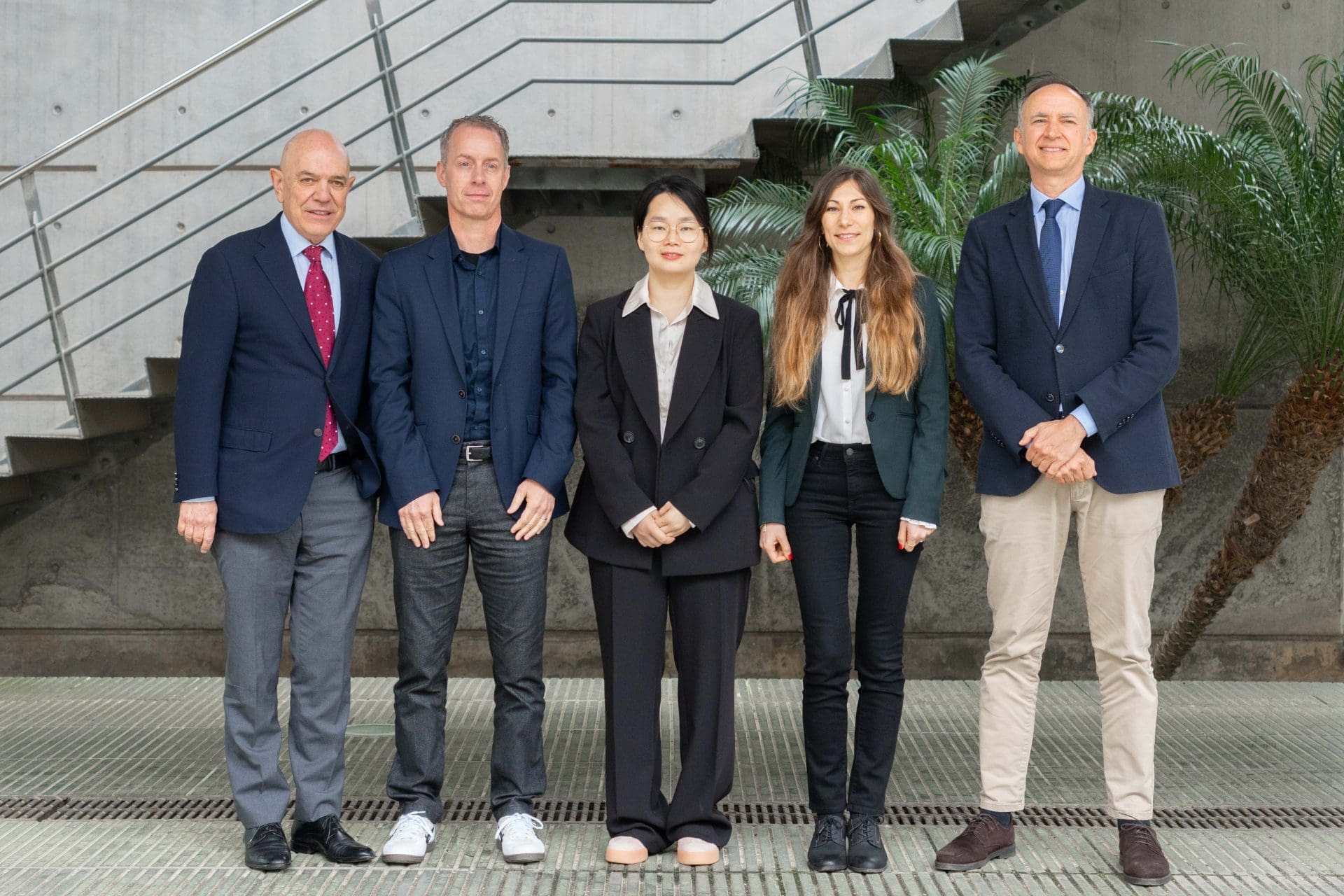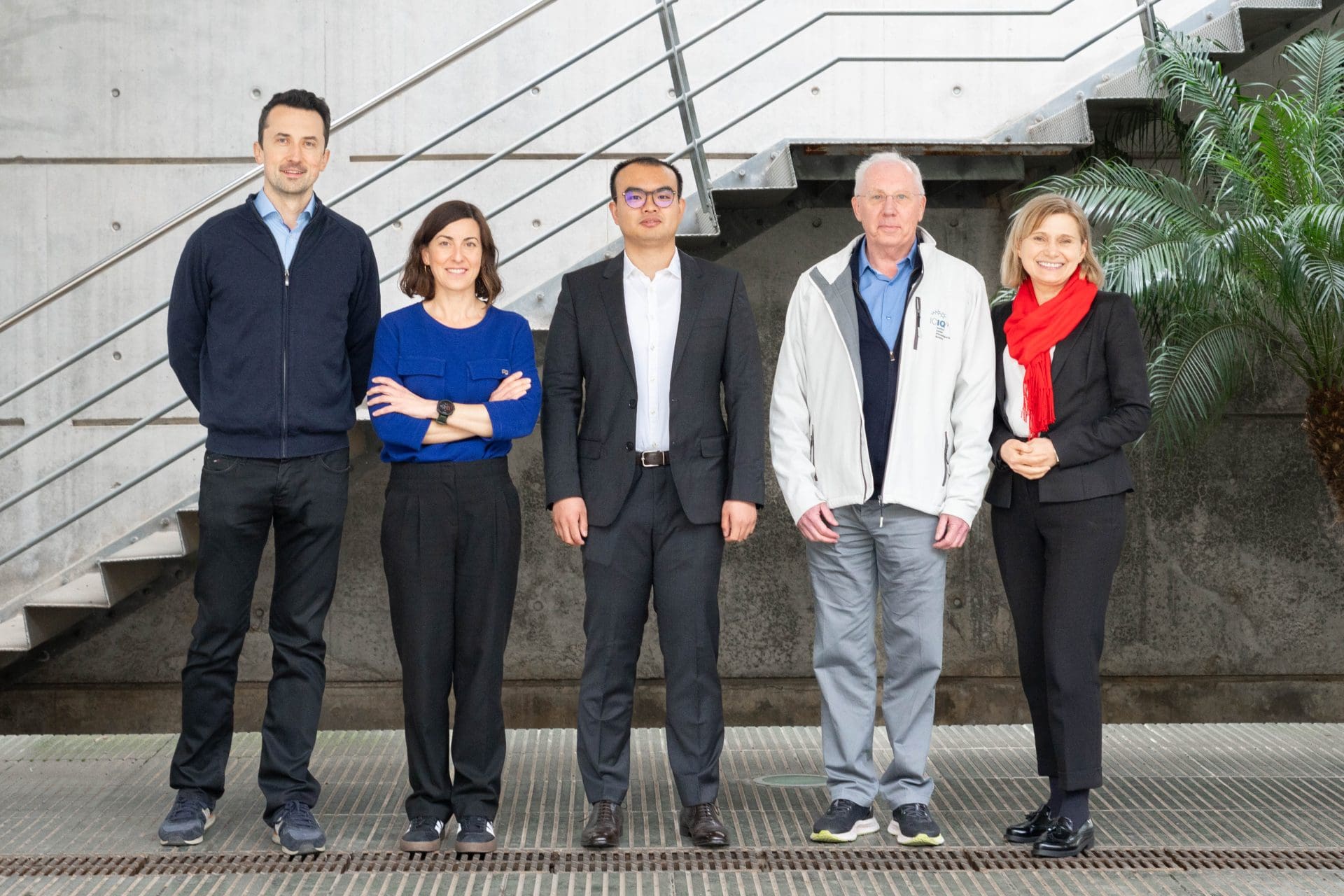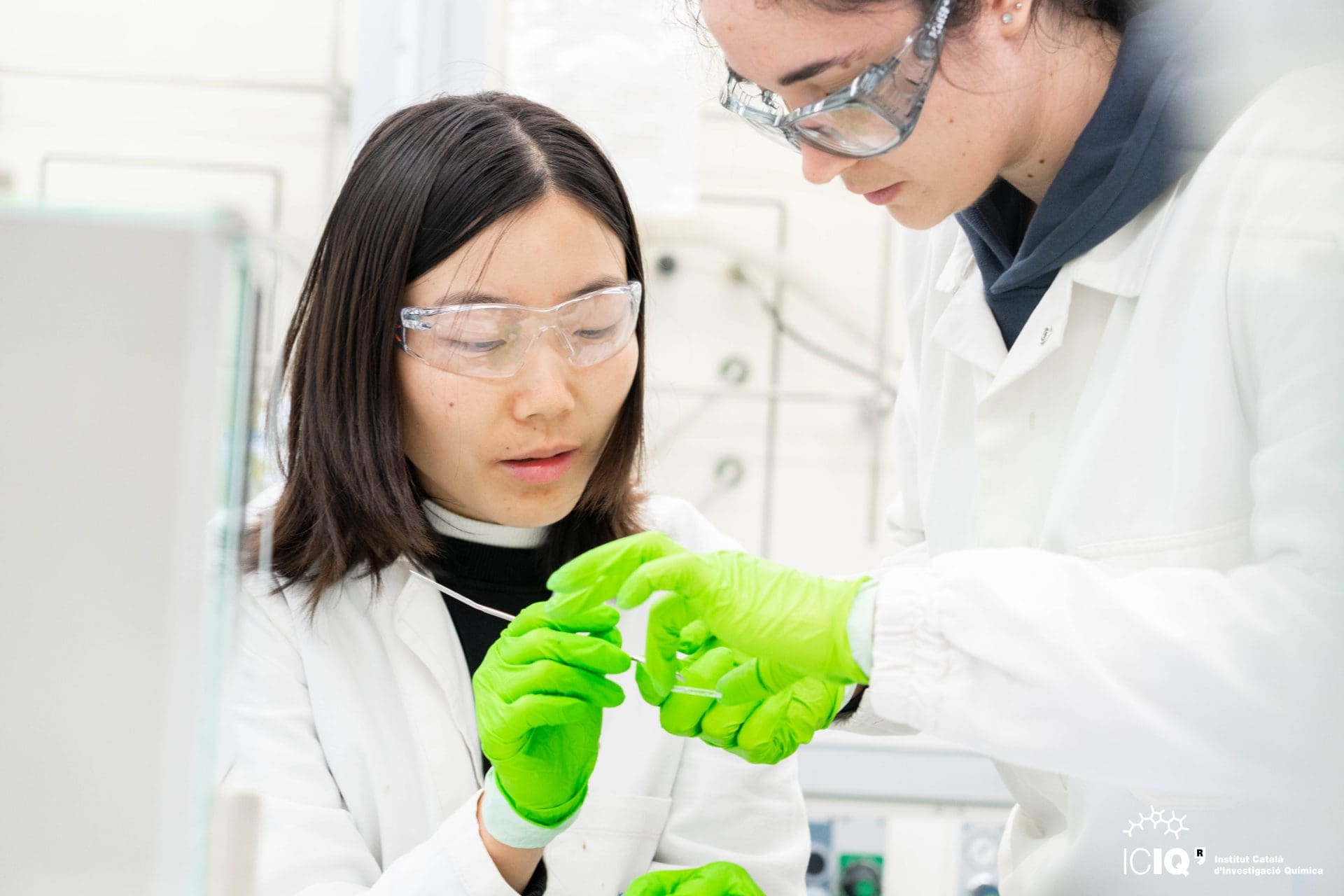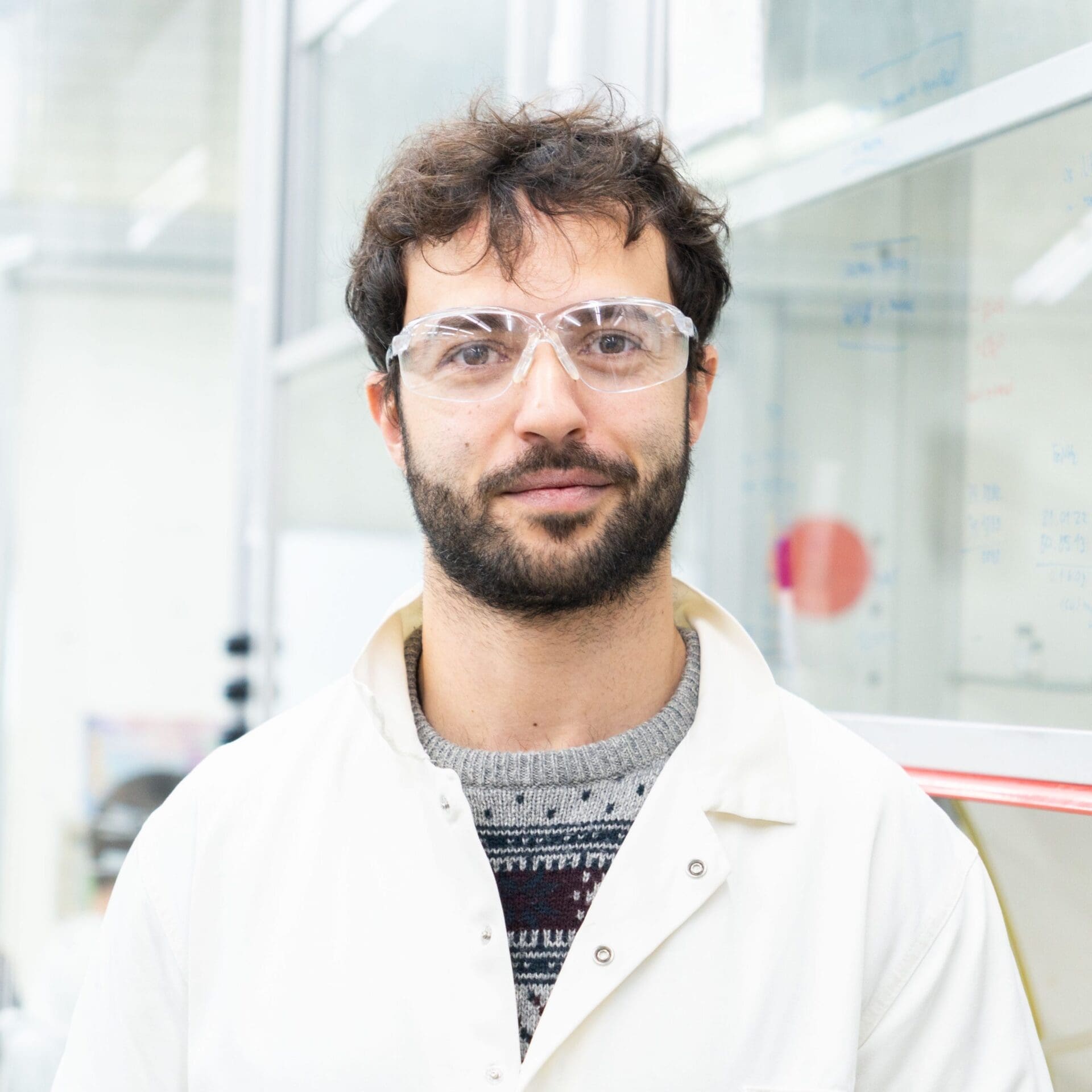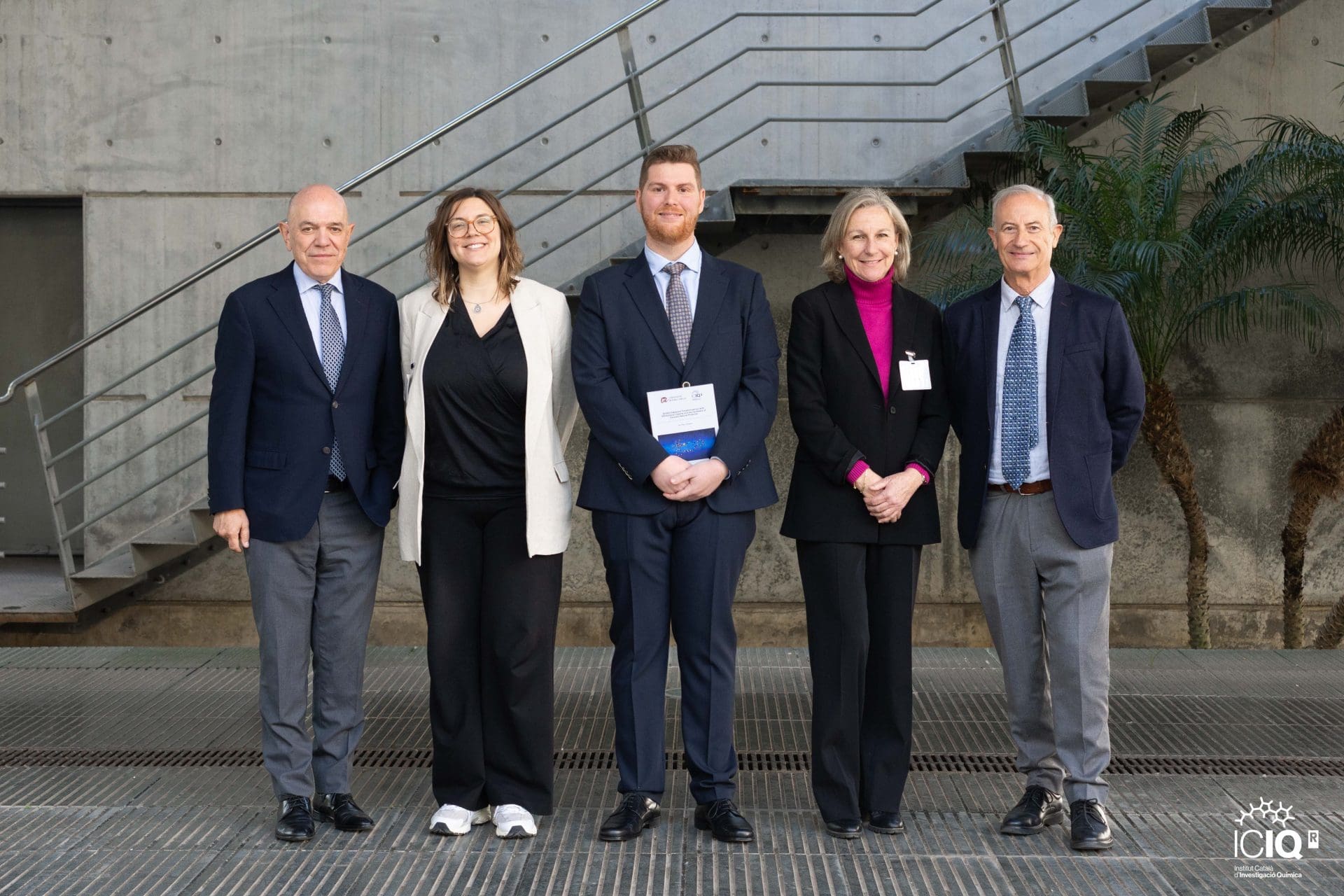Moltes felicitats, Dra. Ruiz Ferrando!
Andrea Ruiz Ferrando, a PhD student under the supervision of Prof. Núria López, has successfully defended her PhD thesis entitled “From Computational to Data-Driven Strategies for Single-Atom Catalysis” publicly on Friday, July 26th.
The members of the evaluation committee were Prof. Dr. Gianvito Vilé (Politecnico di Milano, Italia), Dr. Hind Benzidi (ICIQ) and Dr. Edvin Fako (BASF AG, Germany).
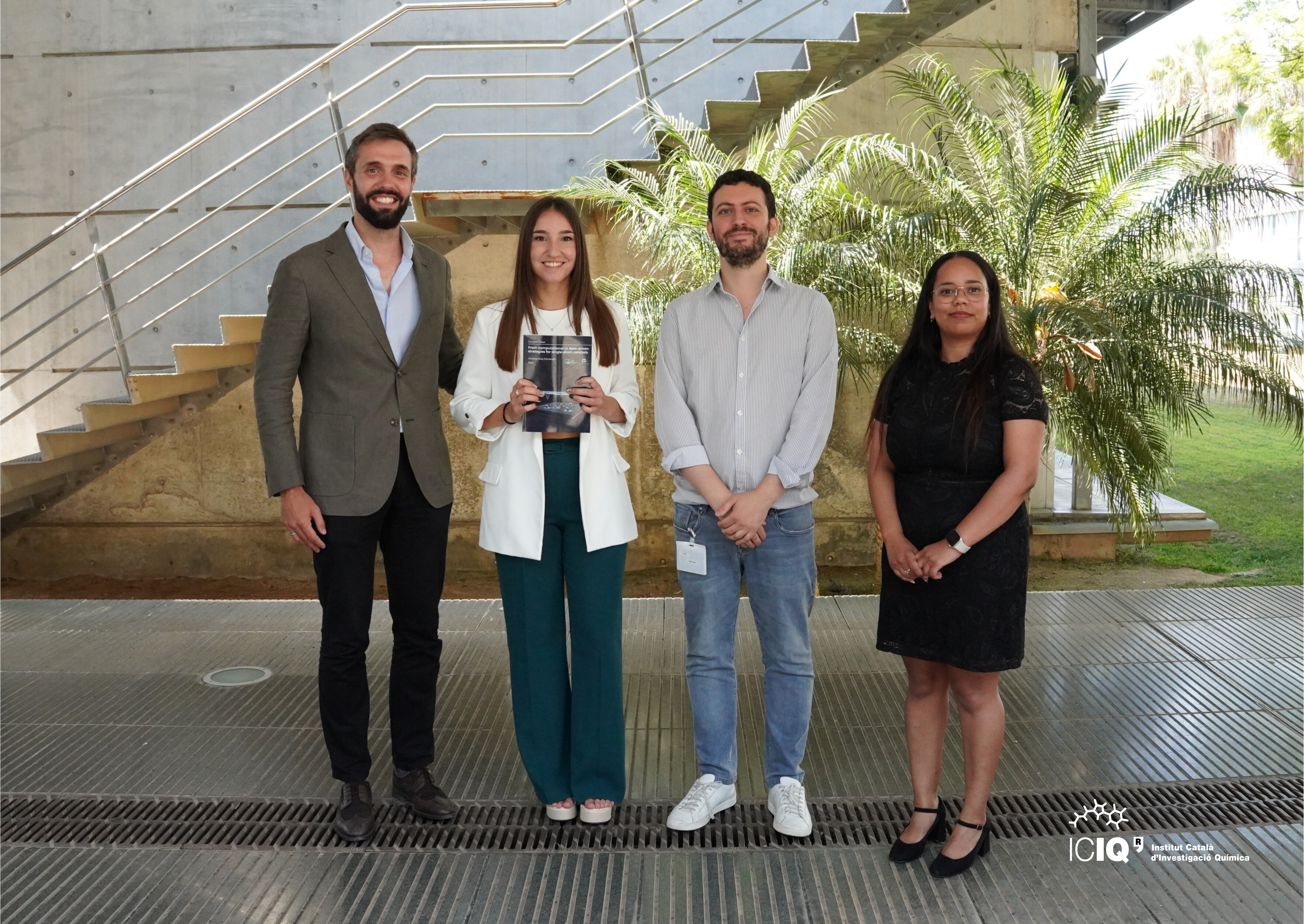
Dr. Ruiz Ferrando is from Reus. She studied Chemistry at the University Rovira i Virgili and then pursued her Master’s studies at Universitat Pompeu Fabra. In her free time, she enjoys socializing with friends and going to concerts.
Andrea received funding from the Generalitat de Catalunya, an FI scholarship, which covered three years of her PhD studies and her research stay at ETH Zürich.
Why did you become a scientist?
I’ve been fascinated by math since I was a kid, but my journey into science took a significant leap when I joined Joves i Ciència, an amazing initiative by Fundació Catalunya-La Pedrera. That experience introduced me to the captivating world of chemistry. As I progressed through my degree, I discovered that my true passion was more related to theoretical chemistry. I love diving into the atomic-level details of chemical processes and unraveling the mysteries of how things work at the most fundamental level.
What do you want to achieve as a scientist?
As a scientist, my goal is to contribute to the scientific community by bridging interdisciplinary boundaries and establishing common languages and concepts. I aim to foster collaboration across different disciplines, enabling comprehensive and innovative approaches to address complex scientific challenges. This includes advocating for clear communication and integration of diverse perspectives, ultimately advancing our collective understanding and impact in the field.
What is your thesis about?
My thesis focuses on the fascinating field of single-atom catalysis, a cutting-edge area in catalysis research. This innovative approach involves replacing thousands of atoms with just a few, with the catalytic process occurring at a single atom. Through targeted applications, my research has unraveled the fundamental mechanisms of how these single-atom catalysts function at the atomistic level. By understanding these mechanisms, we can develop more efficient and sustainable catalytic processes, potentially revolutionizing various industrial applications.
What triggered your interest in the subject of your thesis?
My interest in single-atom catalysis was sparked by its potential to serve as a unified theory in the field of catalysis. This area is particularly fascinating because it allows for the application of concepts from various disciplines, acting as a bridge between metal complexes and solid catalysts. This interdisciplinary nature opens up numerous possibilities for innovation and deeper understanding, making it an exciting subject to explore.
What applications can your thesis have in the future?
From addressing specific challenges, my thesis has uncovered fundamental mechanisms governing the behavior of single atoms. These insights can potentially revolutionize various applications involving single atoms, offering new pathways in fields such as catalysis and nanotechnology. By understanding and manipulating single-atom interactions at a fundamental level, we can pave the way for more efficient and tailored solutions to future technological and scientific endeavors.
The thing that I like most about my thesis is…
The thing that I like most about my thesis is the last chapter, which seamlessly integrates theoretical chemistry, microscopy, and machine learning. It exemplifies interdisciplinary research at its best, demonstrating how diverse fields can synergize to uncover new dimensions in AI. This work shows that Machine Learning not only accelerates our understanding but is also a gateway to uncovering new chemical insights that were previously unattainable.
From the lessons learnt (or skills developed) at ICIQ, which one do you value the most?
From my experience at ICIQ, I value the capability to participate in international projects the most. This includes organizing meetings, delivering presentations, and collaborating with experts from diverse backgrounds. These opportunities have not only enhanced my communication and organizational skills but also broadened my perspective on global scientific collaboration and its impact on advancing research and innovation.
What ICIQ moment you´ll never forget?
One ICIQ moment I’ll never forget is the annual Christmas lunches and karaoke sessions, where colleagues came together to celebrate and showcase hidden talents.
What will you miss the most from ICIQ?
What I will miss the most from ICIQ is the sense of unity among my colleagues in the computational lab and the invaluable guidance from my supervisor. The supportive atmosphere and collaborative spirit within the group were truly exceptional, and I doubt I will find such a cohesive environment elsewhere.
What do you wish you had known at the beginning of your PhD?
What I wish I had known at the beginning of my PhD is that technical skills can be acquired and improved over time with practice and guidance. This realization would have alleviated my initial worries about mastering technical aspects and allowed me to focus more confidently on learning and applying new skills throughout my research journey.
What advice do you have for someone who’s starting their PhD now?
My advice for someone starting their PhD now is to actively seek out challenging professional experiences. Immerse yourself in opportunities that stretch your abilities and broaden your perspective. Take the time to observe and learn from others in your field and focus on effectively communicating your ideas and findings.
Have you ever been emotional over an experiment/simulation? Why?
I would say whenever I discovered a correlation between variables that provided a clear and profound explanation for my results. This revelation not only affirmed the validity of my hypotheses but also opened new avenues for deeper exploration and understanding in my research field.
Chemistry/Science is fun because…
Chemistry and science are fun because they reveal the intricate dance of atoms and molecules, where seemingly small interactions and transformations lead to fascinating discoveries about the world around us.
What is your favourite molecule?
Theobromine, which is the principal alkaloid of Theobroma cacao (cacao plant).
If you were a piece of lab equipment, what would you be?
If I were a piece of lab equipment, I would be the whiteboard—a canvas to capture ideas, concepts, and their interconnected relationships.
Tell us something about you that people might not know…
I have a passion for rock music and enjoy going to concerts to experience the energy and excitement of live performances.
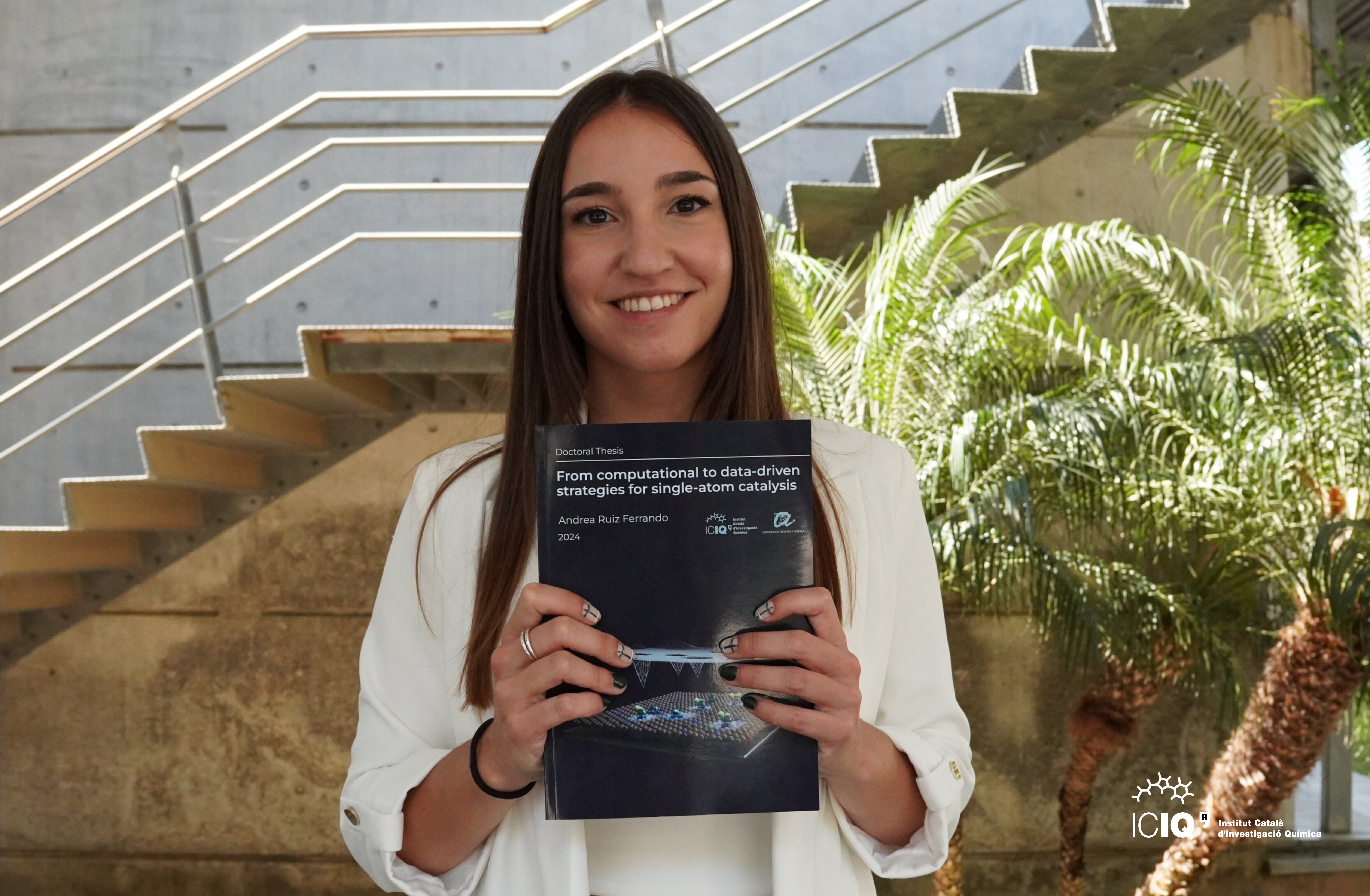
Related news

Let's create a brighter future
Join our team to work with renowned researchers, tackle groundbreaking
projects and contribute to meaningful scientific advancements





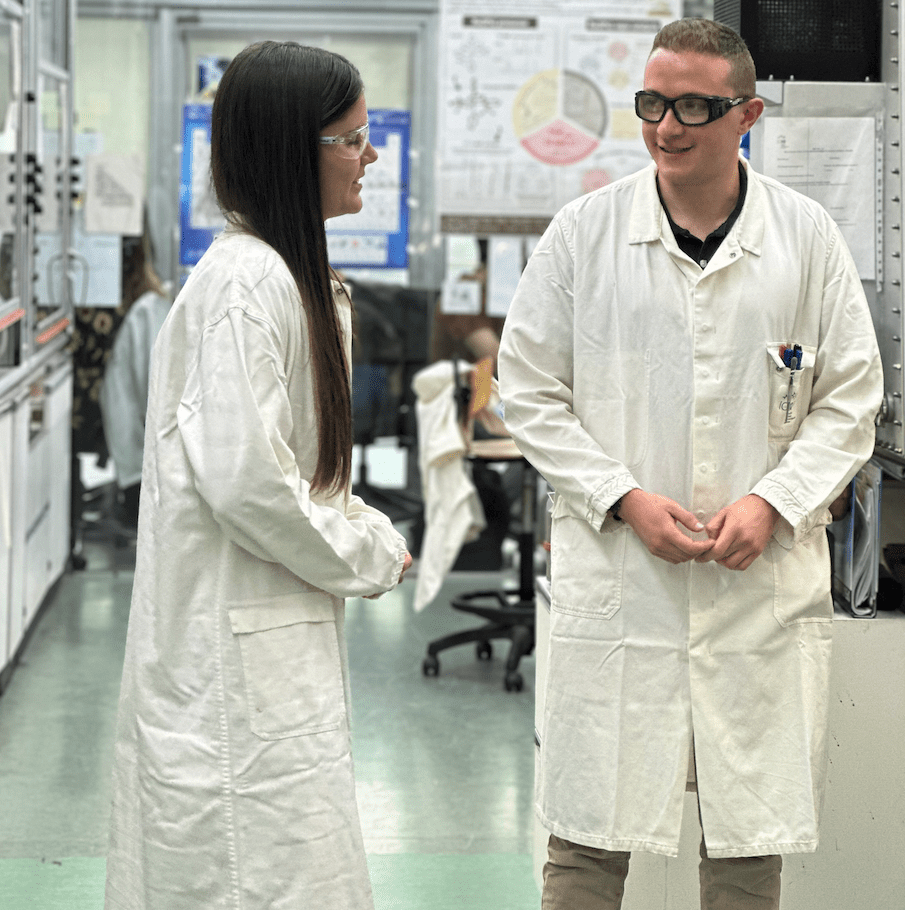
 14-03-2025
14-03-2025 
